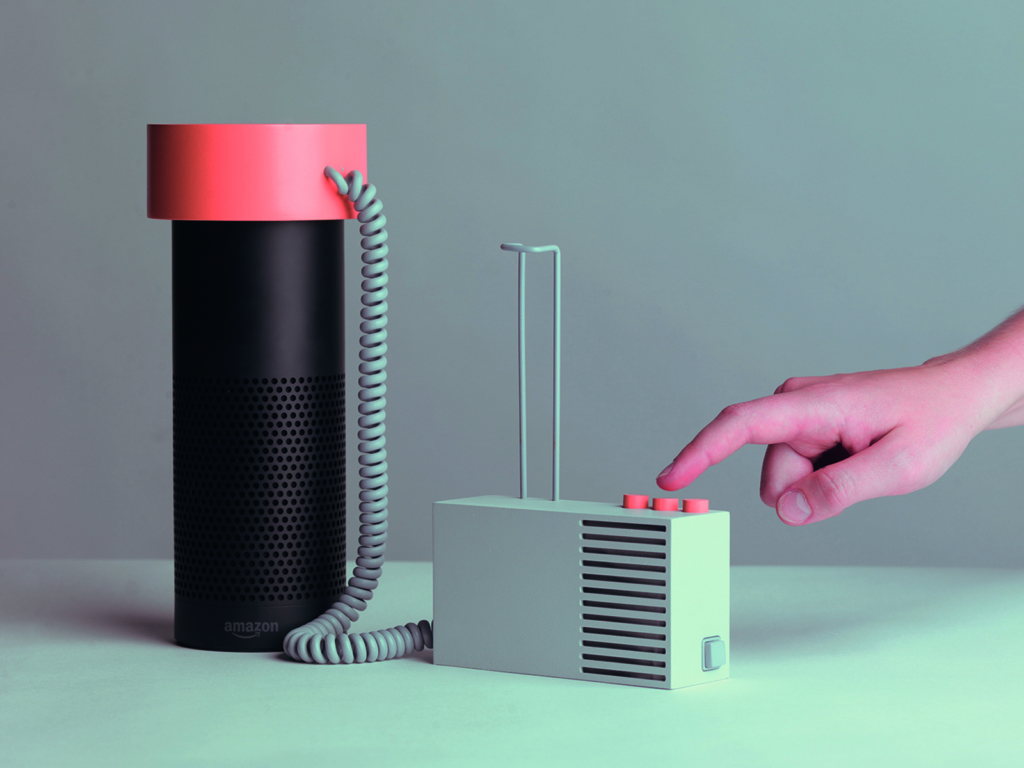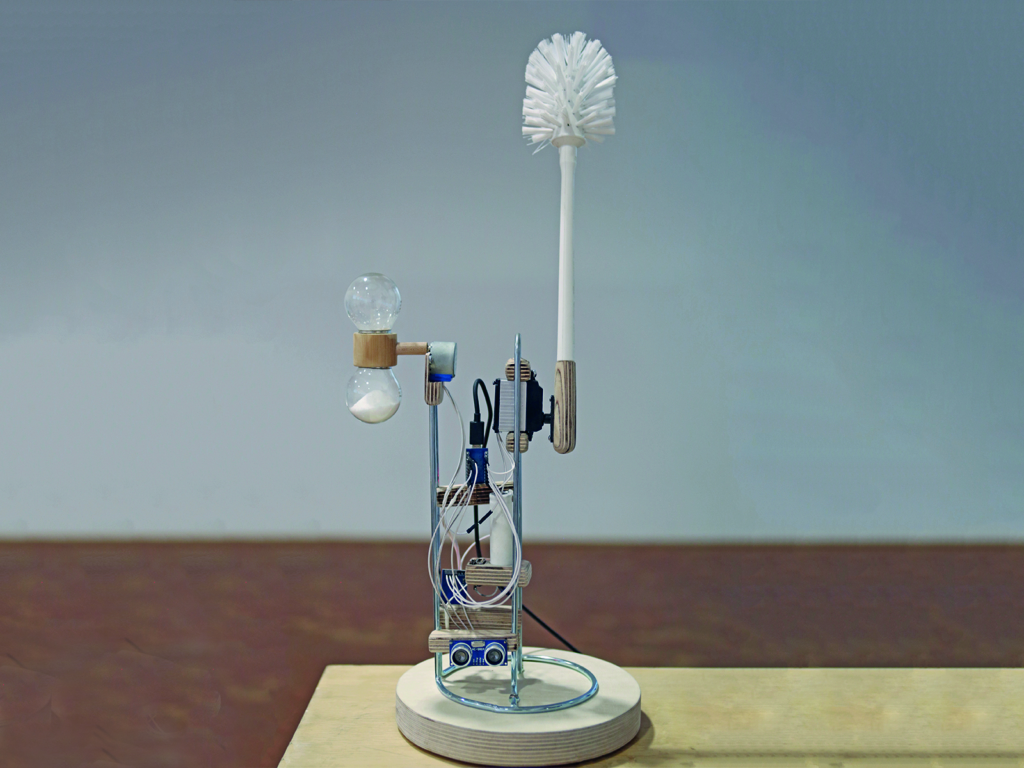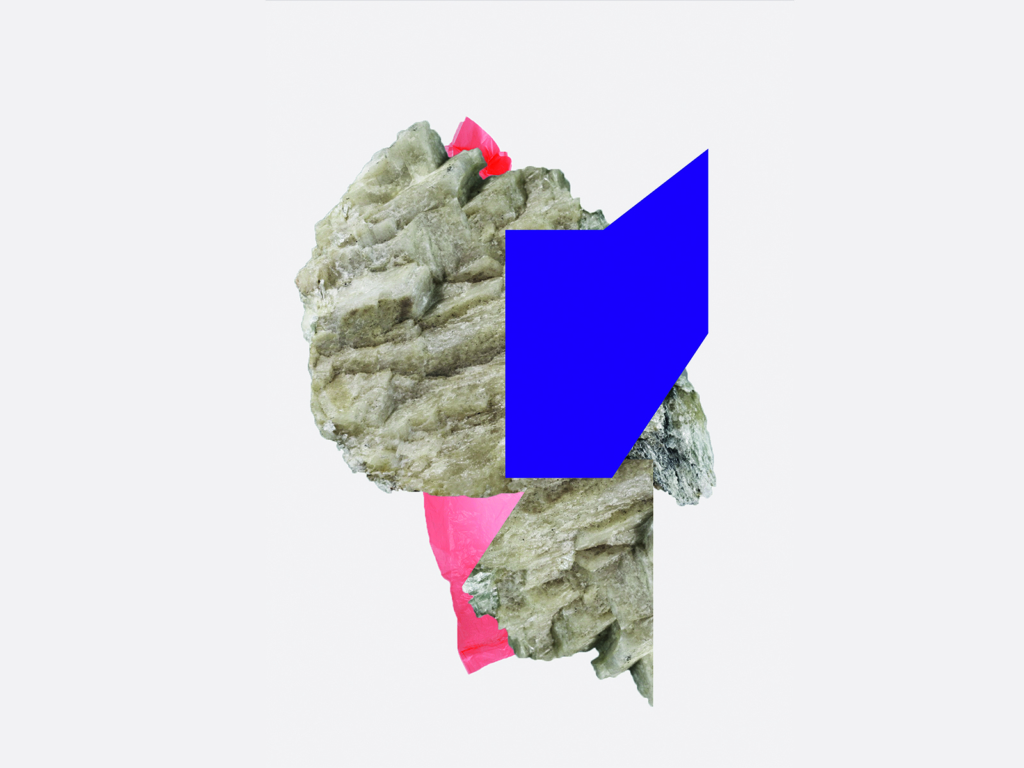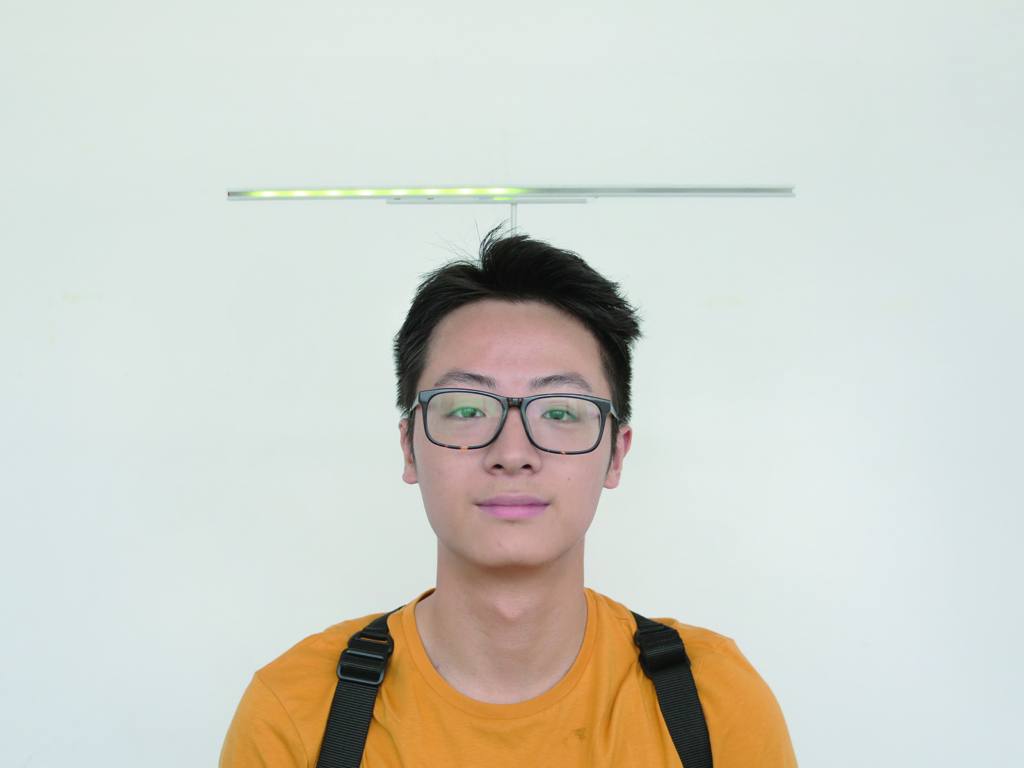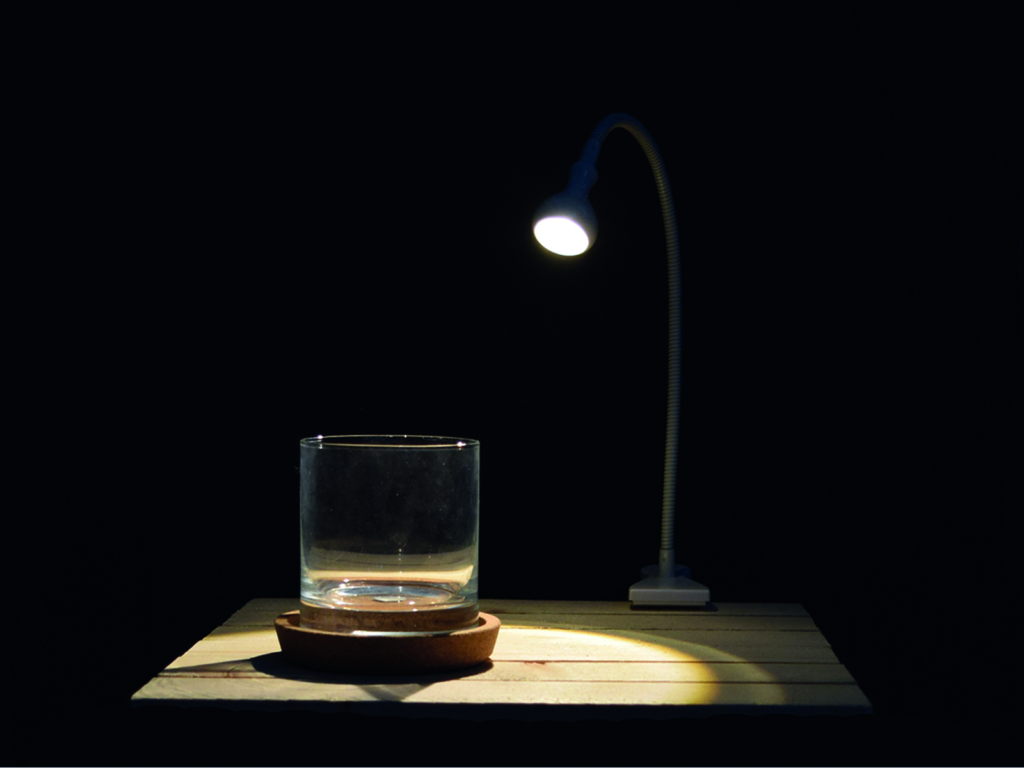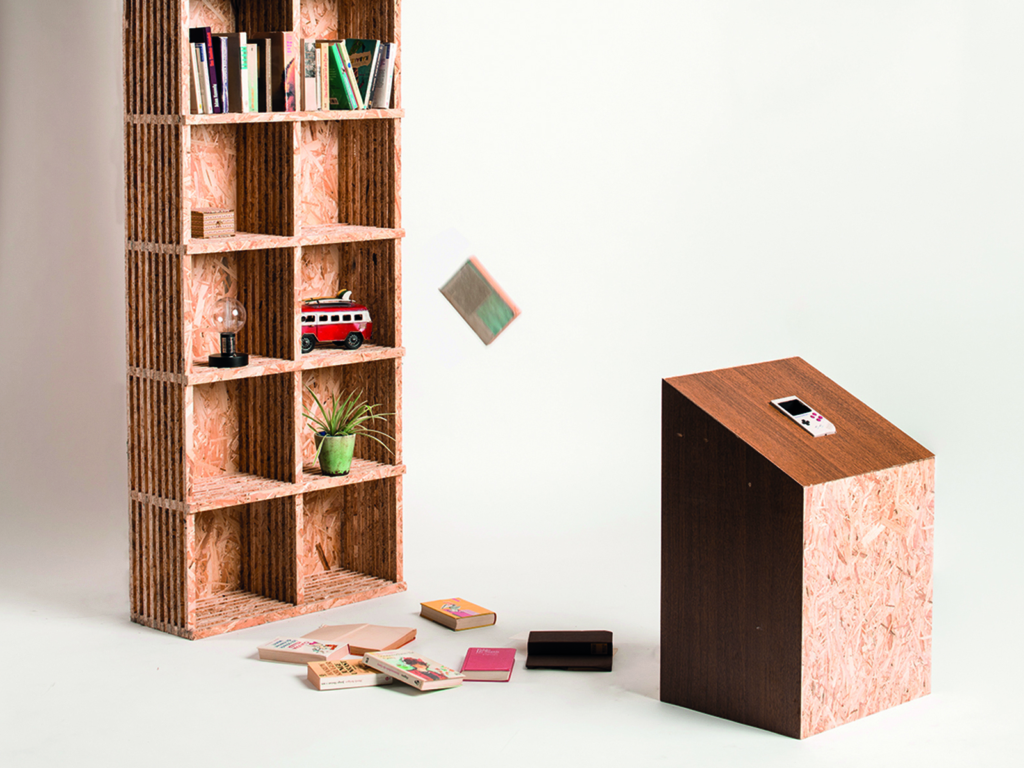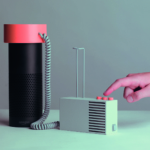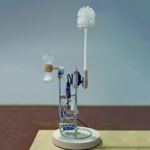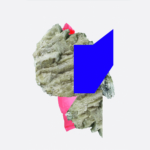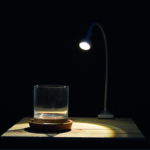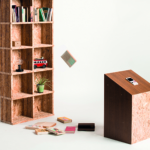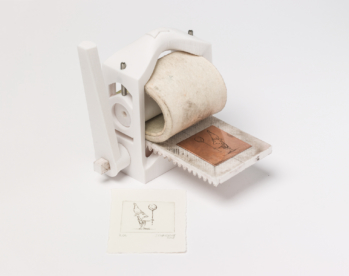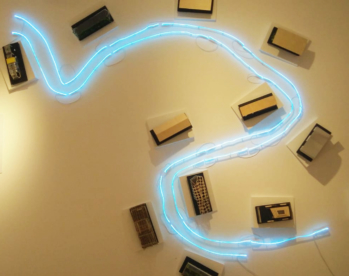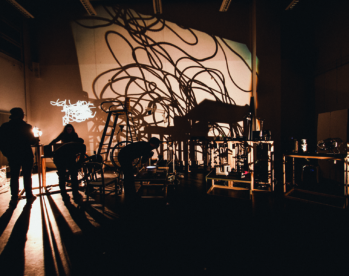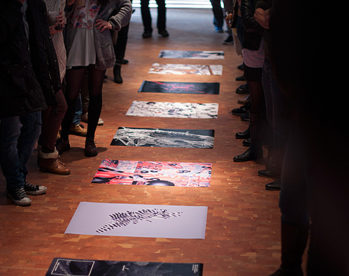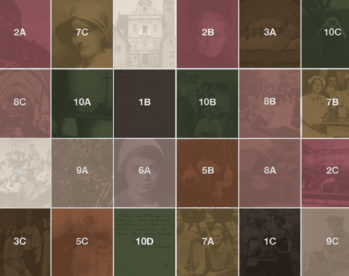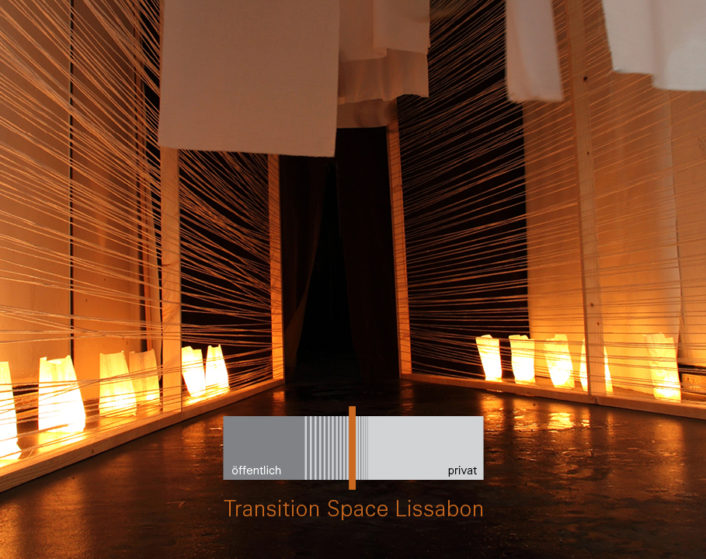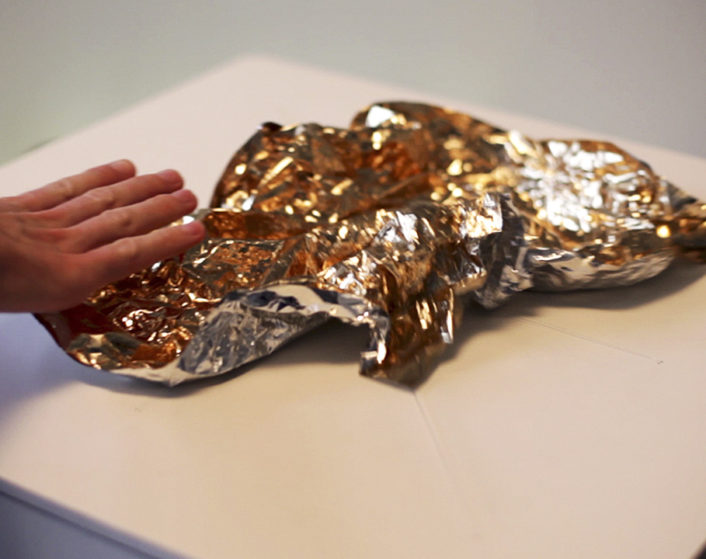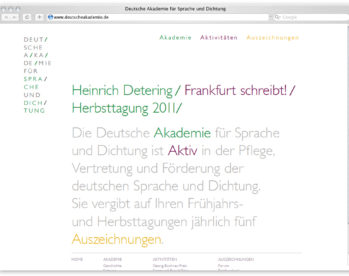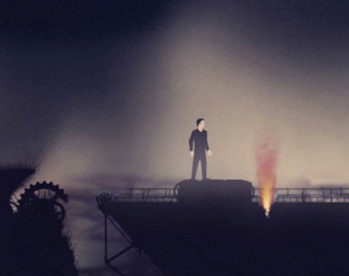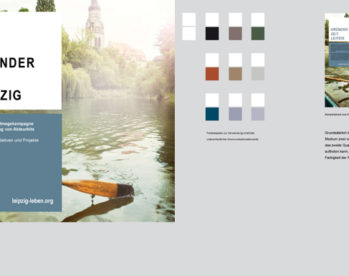Considering the impact of digitization on our daily lives, traditional analog objects increasingly become obsolete and are being replaced by “smarter” things. But instead of replacing “old” and “unused” artefacts we might also think in adapters to reconnect to the digital world. Therefore, the project “Reconnecting Things” started with a clear task: Design an adapter that allows an analog object to be re- used in a digital and connected environment.
At the beginning, students were asked to observe and document interactions with analog and digital artifacts in daily routines. An archive of everyday interactions and things was established and used for further discussion. In a next step, first prototypes of adapters were built and tested to experience possible scenarios.
“Reconnecting things” shows a series of small objects – adapters for already existing, analog things to be re-used in a digital and connected environment. By creating new contexts for these ordinary objects, the six individual projects playfully explore scenarios and interactions around themes like the conditioning of human habits, the translation of consequences or known communication principles from digital to analog, rituals for the digital death, as well as artificial diffusion as a new approach to data security.
For example by flipping a glass cup, the “Memory Catcher” acts as an analog adapter to record and play voice memos. “Schizophrenia of Things” offers a series of objects producing fake data to blur the digital profile, as our physical environment reads, collects, and stores an increasing amount of user information. The project “I do have a minute” explores the consequences of an analog “progress bar”. The “Break Forcing Machine” forces people to take a break even if they do not want to. The “Book Blaster” augments a nostalgic handheld game to a mixed reality environment. In the project the virtual ball of the arcade game “Breakout” hits analog books. The project “Hello. We existed.” offers a speculative scenario to leave something behind for future terrestrial life – a relic that tells what and who we were in our digital era.

